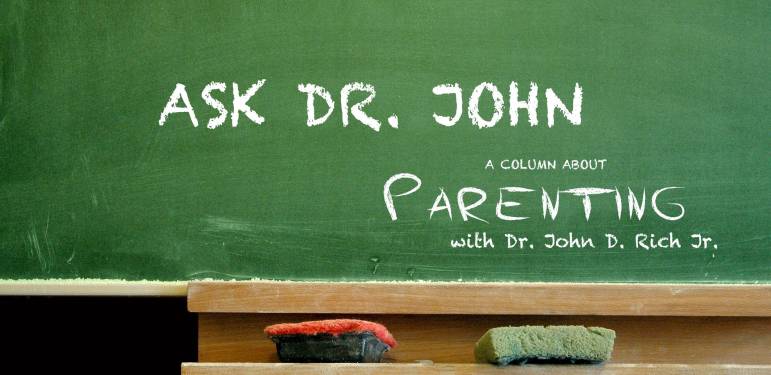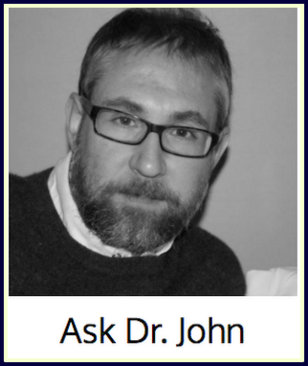
 SPOILER ALERT: If you haven’t watched Big Little Lies yet (which I think you should), you might want to do so before reading this article. I am not holding back on discussing the show in its entirety, even though my primary focus is on domestic violence, and I don’t want to give anything away if you’re planning on watching. That said…
SPOILER ALERT: If you haven’t watched Big Little Lies yet (which I think you should), you might want to do so before reading this article. I am not holding back on discussing the show in its entirety, even though my primary focus is on domestic violence, and I don’t want to give anything away if you’re planning on watching. That said…
Just a couple of weeks ago, I took the advice of my Entertainment Weekly magazine (guilty pleasure) and started watching the HBO television show Big Little Lies. My wife had been in a book club not long ago, and had read the book. Her description of the experience is about how I’d describe the experience of watching the show – the writing isn’t stellar, but the author has such a fine-tuned way of sucking you in, that you have to find out what happens.
The show is about some upper-middle class families in California who are trying to process a recent murder in their community. One of the clever devices of the show to suck you in is that they not only don’t tell you who the murderer is until the last episode, they don’t even tell you who was murdered. So, you’re watching all of these families, and observing all of the tension within and between them, and trying to figure out who is going to murder whom.
Reese Witherspoon plays a mother of two children, who is divorced and remarried, and who loves to stir up drama. She loves to meddle in everyone else’s affairs, and to use her power and privilege to exert her influence.
She befriends another mother, new to the area, played by Shaileen Woodley. As the story unfolds, we learn that her son was begotten as a result of a traumatic rape. Some of the story involves her attempting to find (and possibly) kill her rapist, but she isn’t sure what his real name is. Her son is accused of bullying another girl in their elementary school, and the battle lines are drawn between those who believe her son is innocent (including Reese Witherspoon) and those who side with the girl (including her mother, played by Laura Dern), who has accused the son of being the culprit.
The third star of the show is the seemingly perfect Nicole Kidman, who appears to be happily married to a dashing young man. What we soon learn is the she is in fact the victim of regular domestic violence on the part of her husband. A big subplot of the show involves Ms. Kidman’s character, Celeste, making excuses for her husband, taking on the blame for her abusive relationship, and gradually coming to terms with her need to leave the marriage. The scenes with her therapist are some of the most gripping sessions I’ve ever seen on a screen.
The biggest revelation of the show, which turns the story on its head, is that the bully in the school is actually one of Nicole Kidman’s sons. Even though Celeste has been convinced that her abuse has not affected her children, in fact, her one son has been listening to their battles for some time, and re-enacting the trauma on his school mate. It is this revelation that necessitates Celeste leaving her husband once and for all.
In a recent interview with Hollywoodlife.com, Ms. Kidman reflected on the emotional connection that so many people (including me) felt toward Celeste’s story of domestic violence: “I think it’s so important right now that we’re all together, and that we’re helping each other, and that we can really make change happen, make this place a safer world for all of us, actually, and redefine how we look at the use of power, and what abuse is.”
The scholarly literature on abuse is consistent and clear. According to one meta-analysis about children who have witnessed domestic abuse, “Because witnessing domestic violence can terrorize children and significantly disrupt child socialization, many researchers have begun to consider exposure to domestic violence to be a form of psychological maltreatment (McGee & Wolfe, 1991; Peled & Davis, 1995; Somer & Braunstein, 1999).”

Further, the connection between the abuse that may be going on in your home, and your child’s later psychopathology, may be a direct result of the abuse, even if your child is never abused him/herself. “Social learning models have emphasized child witnesses’ risk for aggression, whereas models of trauma have emphasized children’s risk for problems with anxiety and other symptoms associated with post-traumatic stress. More holistic approaches have used broadband measures of child psychopathology (e.g., measures of internalizing and externalizing problems) to document a wide range of problems in children exposed to domestic violence. Qualitative reviews to date have concluded that exposure to interparental physical aggression is associated with significant disruptions in all of these areas. “
If you are in an abusive relationship, the message here is extremely important: YOUR CHILDREN KNOW. While you may think that sticking it out until your children move out of the house (as Celeste tells herself throughout the book) is the best approach, and while you may feel that you are tough enough to handle what comes your way as long as the children aren’t affected, your children are at risk.
Aggression between parents is traumatic, and is likely to affect your children’s beliefs about relationships in the future. As I’ve written in my article about the imago, your child’s conceptualizations about what relationships should look like are primarily based on your relationship with your spouse. This is why many researchers have pointed to the “intergenerational transmission of abuse,” which would suggest that your child could become either a victim or an abuser when he is older, as an unconscious desire to re-create and possibly repair the past. But the past cannot be repaired.
Please. I am not trying to make you feel guilty. I am just trying to open your eyes. If you are in an abusive relationship, get out. Take your children with you, and stop the cycle. You and your children are too important and precious to endure it any longer.
FOR HELP, CONTACT THE NATIONAL DOMESTIC VIOLENCE HOTLINE AT 1-800-799-7233.
Reference
Holt, S., Buckley, H., & Whelan, S. (2008). The impact of exposure to domestic violence on children and young people: A review of the literature. Child abuse & neglect, 32(8), 797-810.
⇒Catch up on all the Ask Dr. John archives here.








